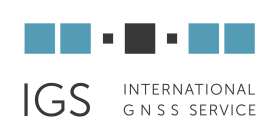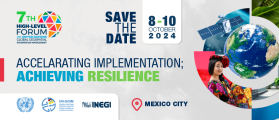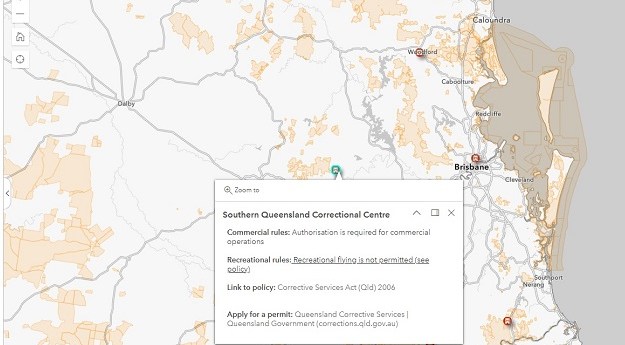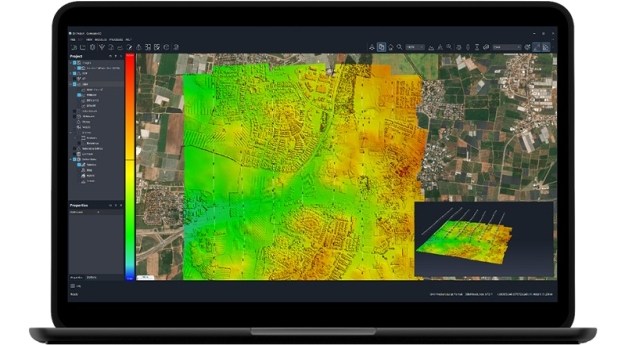
In 2024, the International GNSS Service (IGS) will celebrate 30 years of operational service, having commenced on 1 January 1994.
The University of Bern together with the partners from the CODE consortium — AIUB: Astronomical Institute of the University of Bern; swisstopo: Swiss Federal Office of Topography; BKG: Federal Agency for Cartography and Geodesy, Germany; IAPG/TUM: Institute for Astronomical and Physical Geodesy, Technical University of Munich — invites the GNSS community to celebrate the IGS’ third decade with a symposium and workshop in Bern, Switzerland.
The in-person event is planned for the week from 1 to 5 July in 2024 and will take place in two parts: symposium (1-4 July) and workshop (4-5 July).
The IGS is a service of the International Association of Geodesy (IAG), its Global Geodetic Observing System (GGOS), The International Union of Geodesy and Geophysics (IUGG), and a network member of the International Science Council (ISC) World Data System (WDS).

The 9th International Colloquium on Scientific and Fundamental Aspects of GNSS will bring together members of the European scientific community and their international partners involved in the use of Galileo and other GNSS in their research.
The colloquium will address several major areas of research:
- Scientific applications in meteorology, geodesy, geodynamics, geophysics, space physics, oceanography, land surface and ecosystem studies.
- Scientific developments in physics with a potential impact on future GNSS, particularly in testing fundamental laws of physics.
- Aspects of metrology such as reference frames, on board and ground clocks, precise orbit determination and time and frequency transfer.
- Scientific aspects of satellite navigation, positioning and its applications.
- Other topics of interest such as big data, IoT, novel disruptive technologies, Cubesats, HAPS, UAVs and autonomous vehicles.
- Systems and technologies for navigation in space.
Image courtesy Lockheed-Martin

The United Nations Committee of Experts on Global Geospatial Information Management (UN-GGIM), in collaboration with the Government of México through Instituto Nacional de Estadística y Geografía (INEGI) will convene the Seventh High-level Forum on United Nations Global Geospatial Information Management with the theme ‘Accelerating Implementation: Achieving Resilience’.
This seventh edition of UN-GGIM’s High-level Forums will continue UN-GGIM’s regular high-level, multi-stakeholder discussions on global geospatial information management, through the convening of global forums, aimed at promoting comprehensive dialogue among member states, and between member states and relevant international organisations, UN system entities and stakeholders.








